-
- Market Research
- |
- CBD Near Me
- |
- Giveaways
- |
- Newsletter
- |
- Contact
- |
- Advertise
- |
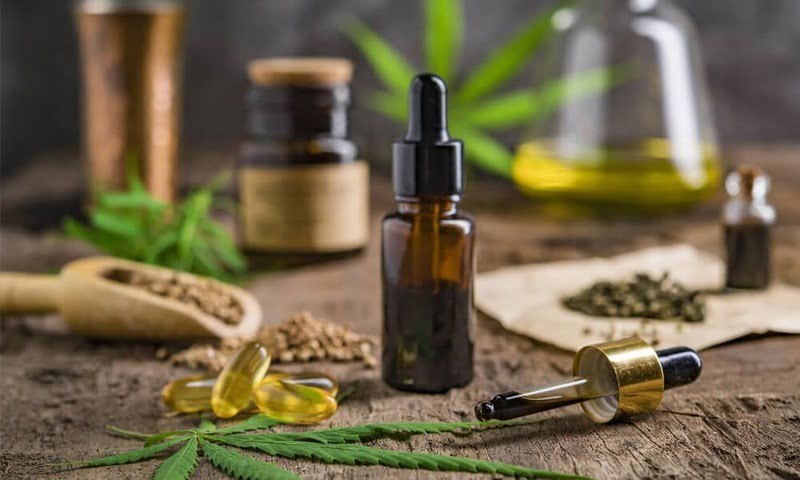
While other cannabinoids have taken the spotlight, they wouldn’t exist without CBG (cannabigerol), “the mother of all cannabinoids.”
Much like her more popular children (or, rather, vice versa), CBG has similar potential benefits, such as: pain relief, decreasing inflammation, relieving anxiety and depression, and possibly inhibiting cancer growth.
Research has also shown that CBG is not psychoactive (meaning it won’t get you high) and has no known side effects.
CBDistillery CBG + CBD Oil Tincture
Concentration
1,000mg (500mg CBG + 500mg CBD)
2,000mg (1,000mg CBG + 1,000mg CBD)
Price
1,000mg: $75 ($0.075/mg); with code CBDINSIDER: $60 ($0.06/mg)
2,000mg: $125 ($0.063/mg); with code CBDINSIDER25: $93.75 ($0.047/mg)
Use code CBDINSIDER for 20% or CBDINSIDER25 for 25% off orders of $125.
Ingredients
Full Spectrum Hemp Extract (Aerial Parts), Cannabigerol (CBG), Fractionated Coconut Oil (MCT), and Natural Terpenes
What Are The Benefits Of CBG?
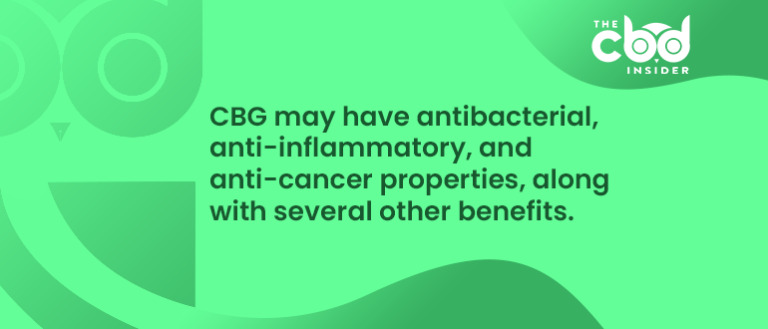
Researchers are starting to notice the many potential benefits of CBG. It’s still early, but there is optimism surrounding CBG for the treatment of a wide variety of conditions:
Antibacterial: McMaster University researchers found that CBG has antifungal and antimicrobial properties so potent that it can even fight off a bacterial strain like MRSA, which is notoriously resistant to antibiotics. CBG is shown to be a superior bacteria fighter to THC, CBD, or CBC.
Anti-inflammatory: CBG shows potential to treat inflammatory conditions like inflammatory bowel disease (IBD). One 2013 study published in the journal, Biochemical Pharmacology, found that CBG reduced inflammation in mice with colitis.
Anxiety and depression: CBG may also help with anxiety by inhibiting the uptake of serotonin and GABA, which regulate our mood. This suggests CBG may have antidepressant qualities.
Bladder dysfunction: According to a study published in the Indian Journal of Urology, CBG has been found to be more effective than other cannabinoids at inhibiting muscle contractions in the human bladder, which may help treat symptoms of many bladder disorders.
Cancer: Cannabics Pharmaceuticals funded a study that showed CBG killing gastrointestinal cancer cells. CBG inhibited the growth of cancer cells, displayed anti-tumor properties, and slowed down disease progression. The study, led by a team of Israeli researchers, found CBG to inhibit the growth of prostate cancer cells. CBG may also stimulate appetite, which could help counteract one of the effects of chemotherapy.
Muscle relaxant: CBG may function as a natural muscle relaxant, according to a study authored by Ethan B Russo at GW Pharmaceuticals. This could make CBG useful for the management of sports injuries and/or chronic pain.
Neuroprotectant: CBG shows the potential to fight against cognitive decline. A 2015 study published in the journal Neurotherapeutics says CBG may be able to help those dealing with a serious neurological condition such as Huntington’s disease. Because of its potential for the treatment of Huntington’s disease, CBG may also be able to help with other neurological conditions like Parkinson’s or Alzheimer’s disease.
Pain Relief: A study from the British Journal of Pharmacology found that CBG may have strong pain-relieving properties. In fact, it was found to be more effective at treating pain than even the likes of THC.
Psoriasis: Evidence suggests that the way CBG interacts with the body’s endocannabinoid system might also make it a viable treatment option for psoriasis. Human trials are underway in a study funded by AXIM Biotech and conducted by world-renowned dermatologist and specialist on psoriasis and atopic dermatitis, Dr. Marcus Meinardi, at The Maurits Clinics in The Hague, The Netherlands.
Strengthen bones: CBG may even stimulate bone marrow growth to help strengthen bones and heal fractures, perhaps even to protect against the development of osteoporosis, according to research from the Federation of European Neuroscience Societies and John Wiley & Sons Ltd.
What Is CBG?
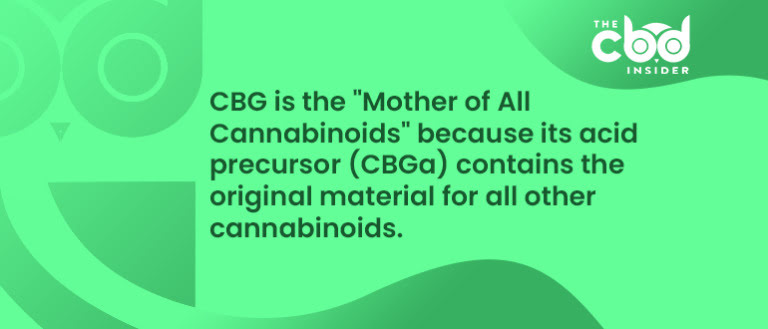
Like CBD, CBG (cannabigerol) is a non-psychoactive cannabinoid that is most abundant in low-THC, high-CBD cannabis strains like hemp. CBG reacts with cannabinoid receptors in the brain and counteracts the psychoactivity of THC.
CBG is found in smaller concentrations in the hemp plant than the more notable cannabinoids. This is because the amount of CBG in the plant declines as the plant ages.
The main role of CBG is to synthesize other types of cannabinoids, which has given it the name the “mother of all cannabinoids” Why? Let’s take a look.
Why Is CBG Considered The Mother Of All Cannabinoids?
CBG is called the mother of all cannabinoids because all other cannabinoids start out as a form of CBG. CBG’s acidic precursor, CBGa, also serves as the precursor for other cannabinoids like THC, CBD, and others.
The base compound CBGa, or cannabigerolic acid, provides the original material for all other cannabinoids. It also morphs into other acids (THCa, CBDa, CBCa, etc.) under certain conditions. Once it transforms, these precursors eventually go on to become their full, respective cannabinoid forms.
For this reason, CBGa, more technically, is the mother of all cannabinoids, while CBG has been given the nickname “Princess of pot,” as the offspring of CBGa.
CBD vs. CBG
We already mentioned the most obvious similarity between CBD and CBG—they both come from CBGa. They each may be proven to produce similar benefits as studies continue, but they aren’t exactly the same.
One big difference is that CBG directly interacts with the brain’s CB1 and CB2 receptors. CBD, meanwhile, produces its benefits through more indirect interactions with these receptors from our endocannabinoid system.
| CBD | CBG |
| Interacts indirectly with endocannabinoids receptors CB1 and CB2 | Interacts directly with endocannabinoids receptors CB1 and CB2 |
| High concentrations in hemp | Low concentrations in hemp |
| Has several similar benefits to CBG | Has several similar benefits to CBG |
Each cannabinoid has vast untapped potential, and we stand to learn more over the next several years. But while CBD is a well-known commodity and in products everywhere, CBG is lesser-known and yet to truly burst onto the scene. This is mainly because CBG typically exists in small amounts in the hemp plant, and is therefore difficult to extract.
However, as more is learned about its benefits, CBG could be the next CBD. In fact, CBG even shows the potential to be a better treatment option for many conditions than the more popular CBD.
CBG Side Effects

To date, not much is known about any possible side effects of CBG. One study shows it to be well-tolerated by rats, but human studies are needed to make real, conclusive claims, especially when it comes to how CBG interacts with other medications.
CBG has not been shown to have any side effects when taken in proper doses (meaning, read the label of your product and adhere to the manufacturer recommendations).
Regardless, we can say that users can possibly experience negative side effects when they consume too much CBG. These effects may include tiredness, diarrhea, dry mouth, and changes to your appetite. Since a person would have to take a massive amount of CBG to experience any negative side effects, it seems unlikely that a person would experience side effects.
Will CBG Get Me High?
No. Since CBG is non-psychoactive, it will not get you high. On the contrary, CBG counteracts some of the paranoia-inducing high of THC. Without CBG, some strains with high THC concentrations might produce bad experiences for users.
Is CBG Safe For Me To Use?
Yes. Since there are no known side effects to this point—and since CBG will not get you high—CBG is safe until proven otherwise (again, this is as long as it is used at appropriate doses).
CBG has vast untapped potential to help with conditions ranging from cancer to osteoporosis. While it may never reach the level of popularity like some of its cannabinoid counterparts (i.e.,CBD and THC) simply because it is much less abundant and therefore much more difficult to extract, CBG may indeed prove to be a better option in certain circumstances.
This optimism is only growing as CBG shows no signs of side effects, potentially making it an exciting and safe alternative to traditional medications like opioids. Further human studies are needed to prove CBG’s benefits, but it is well on its way to becoming a more attractive and popular solution.
CBG Products From Our Trusted Brands
If you’re ready to give CBG a try, there are several products available from some of our trusted CBD brands.
- CBDistillery 1,000mg CBG + CBD Oil Tincture
- Medterra CBG + CBD Oil Tincture
- Social Naturals CBG Drops
- CBD American Shaman CBG Oil
- CBDfx 2:1 CBG + CBD Wellness Tincture
CBDistillery 1,000mg CBG + CBD Oil Tincture
CBDistillery 1,000mg CBG + CBD Oil Tincture
Concentration
1,000mg (500mg CBG + 500mg CBD)
Price
$75 ($0.075/mg)
Ingredients
Full Spectrum Hemp Extract (Aerial Parts), Cannabigerol (CBG), Fractionated Coconut Oil (MCT), and Natural Terpenes
Medterra CBG + CBD Oil Tincture
Medterra CBG + CBD Oil Tincture
Concentration
1,000mg (500mg CBG + 500mg CBD)
Price
$79 ($0.079/mg)
Ingredients
Medium-Chain Triglyceride (MCT) Oil (Coconut derived)*, Cannabigerol (CBG) Isolate Extract, Cannabidiol (CBD) Isolate Extract, and Natural Citrus Flavors (*Organic Ingredient)
Social Naturals CBG Drops
Social Naturals CBG Drops
Concentration
1,500mg
Price
$119.99 ($0.08/mg)
Ingredients
MCT Coconut Oil, CBG Hemp Extract, and Natural Flavors
CBD American Shaman CBG Oil
CBD American Shaman CBG Oil
Concentration
5ml: 100mg
30ml: 600mg
Price
5ml: $17.49 ($0.175/mg)
30ml: $89.99 ($0.15/mg)
CBDfx 2:1 CBD + CBG Wellness Tincture
CBDfx 2:1 CBD + CBG Wellness Tincture
Concentration
1oz: 500mg CBD + 250mg CBG (750mg total)
1oz: 1,000mg CBD + 500mg CBG (1,500mg total)
1oz: 2,000mg CBD + 1,000mg CBG (3,000mg total)
2oz: 4,000mg CBD + 2,000mg CBG (6,000mg total)
Price
750mg: $39.99 ($0.053/mg)
1,500mg: $69.99 ($0.047/mg)
3,000mg: $99.99 ($0.033/mg)
6,000mg: $169.99 ($0.028/mg)
Ingredients
MCT Oil, Coenzyme Q10, Curcumin, Terpene Complex, Cannabinoid Rich Hemp Extract, and Stevia


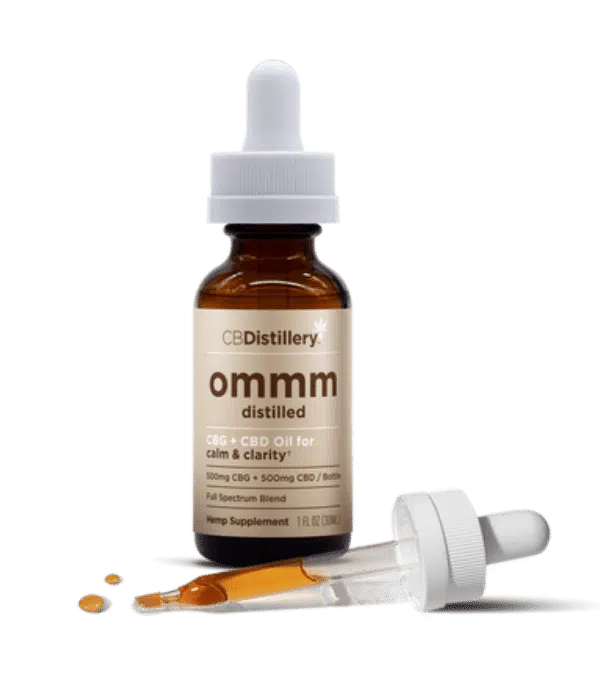
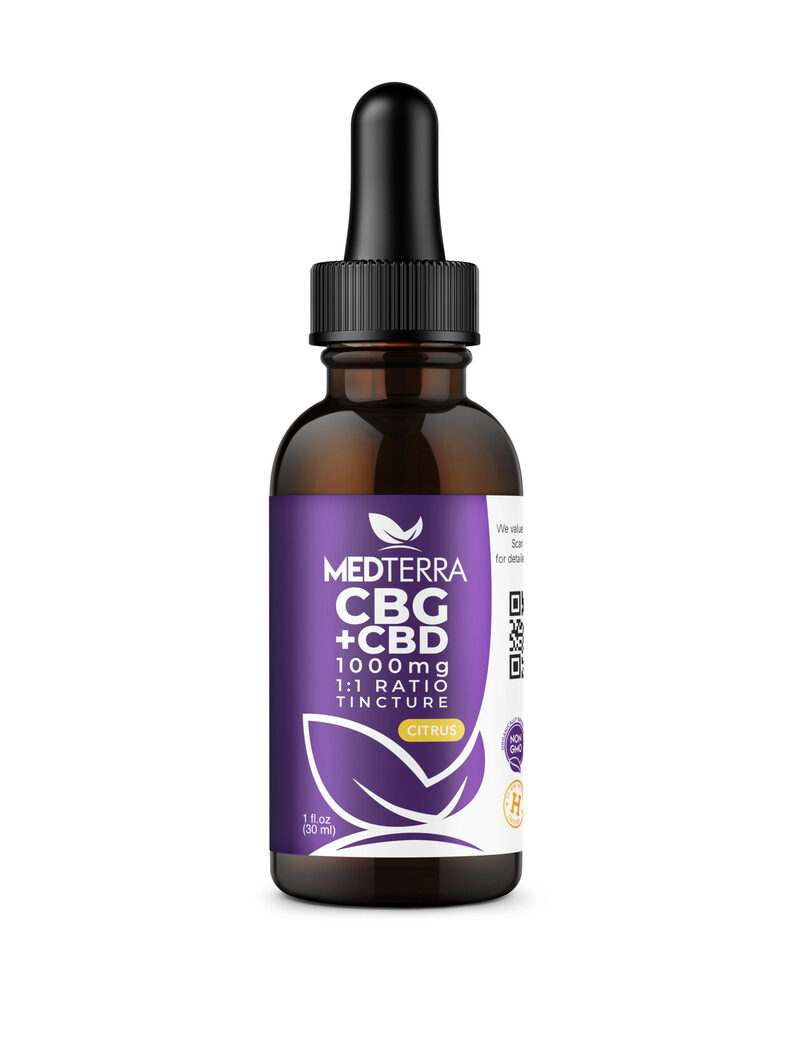
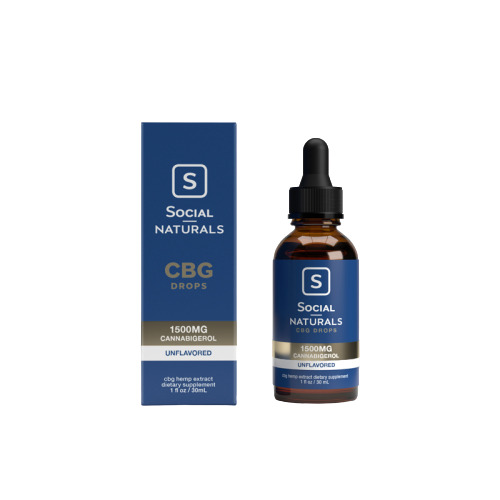
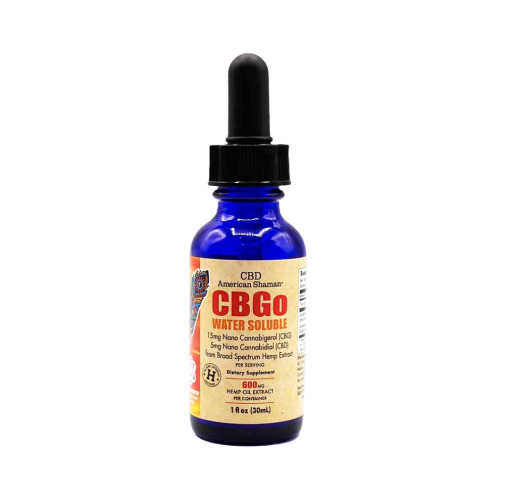
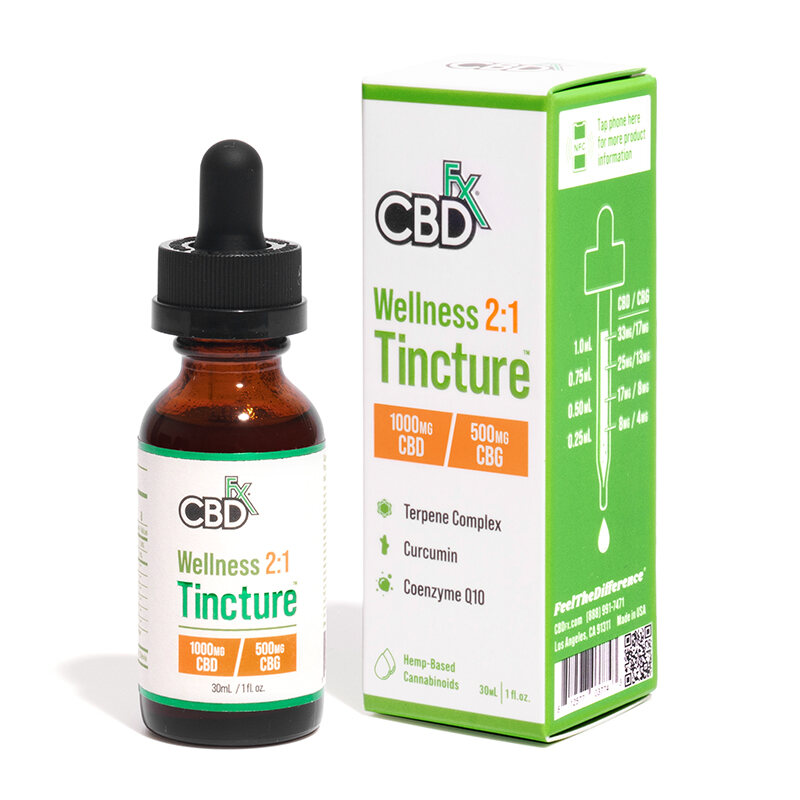
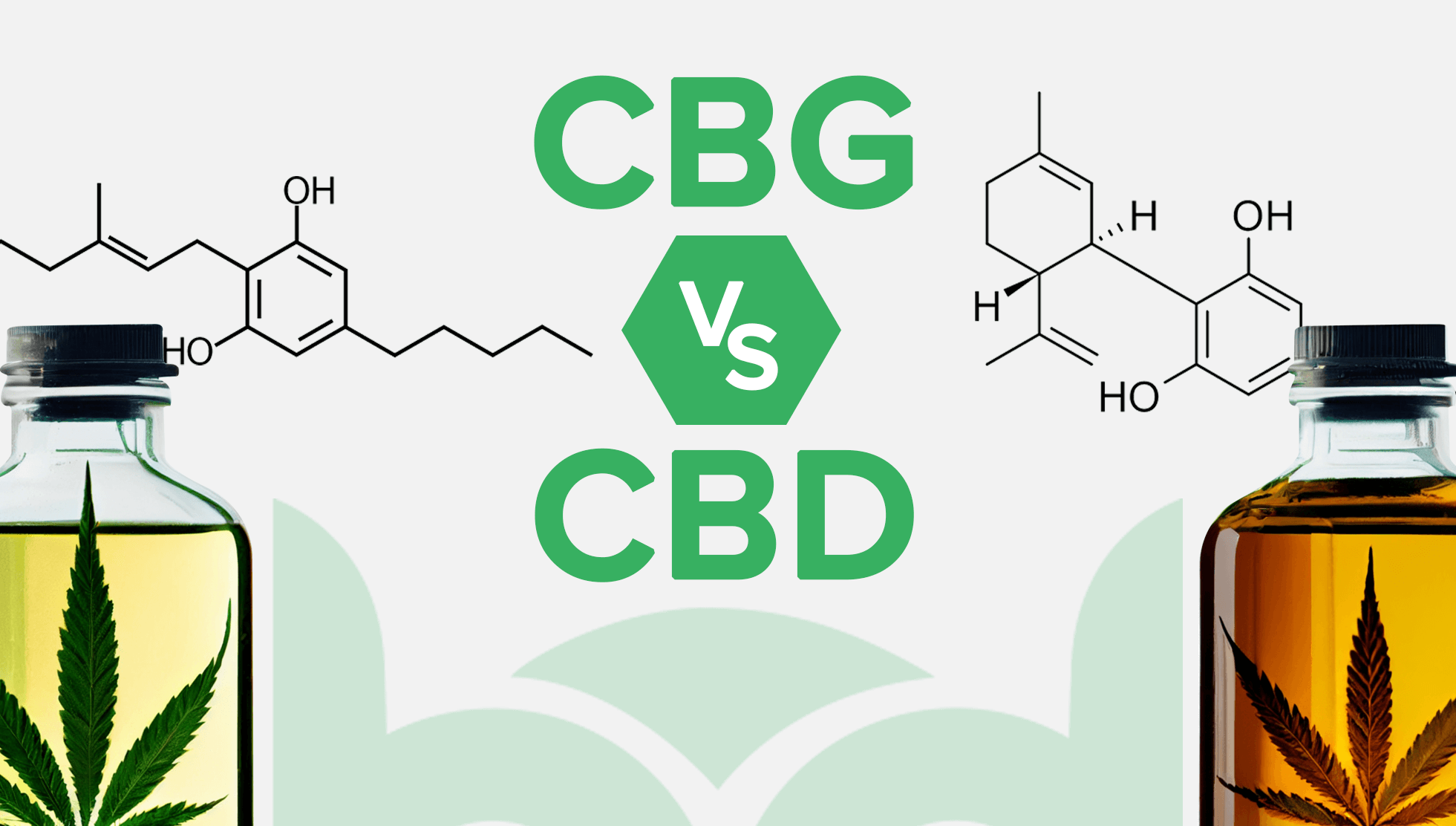
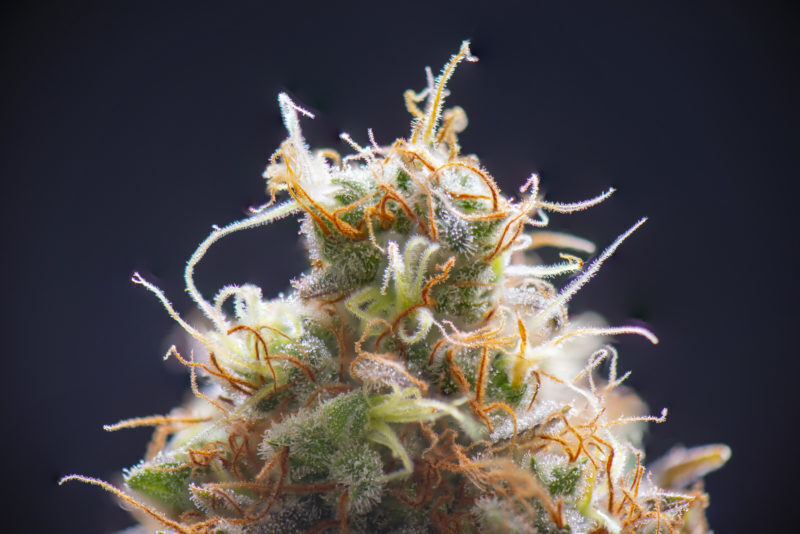
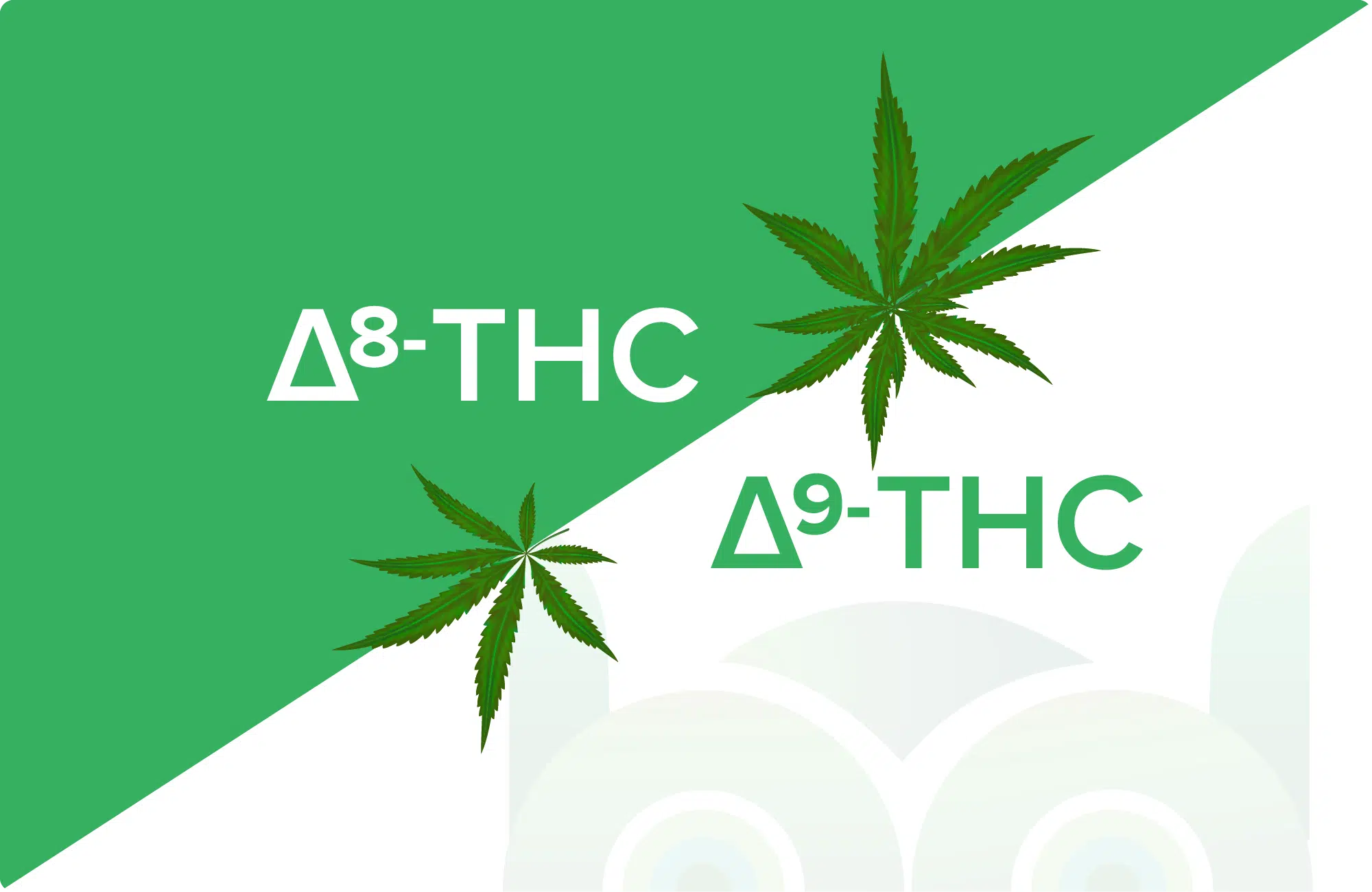
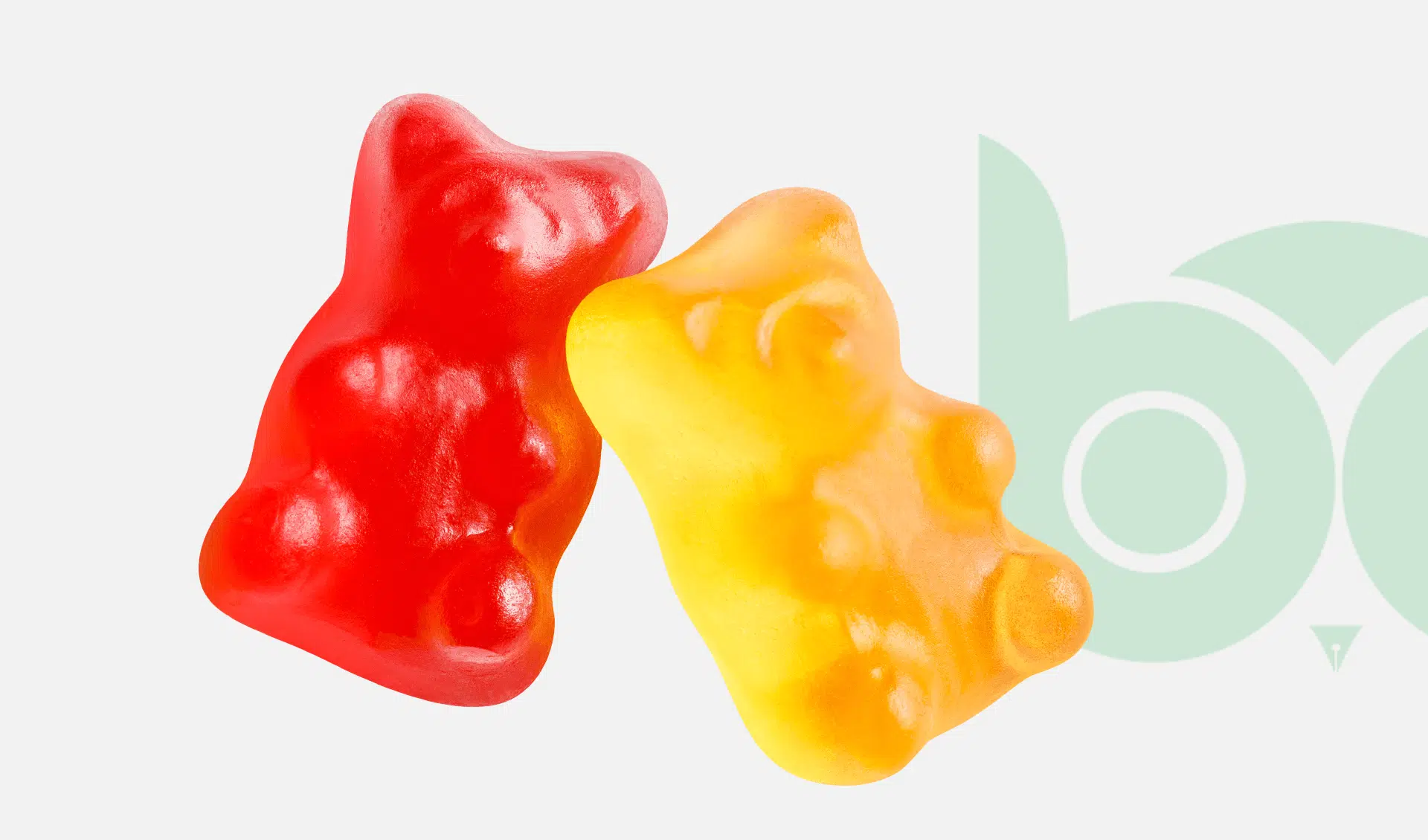
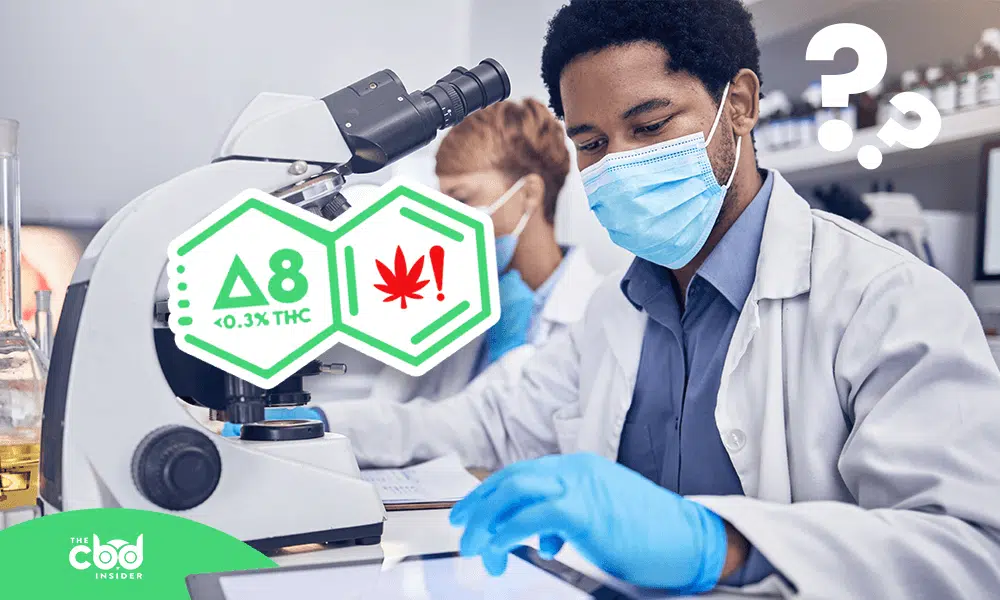
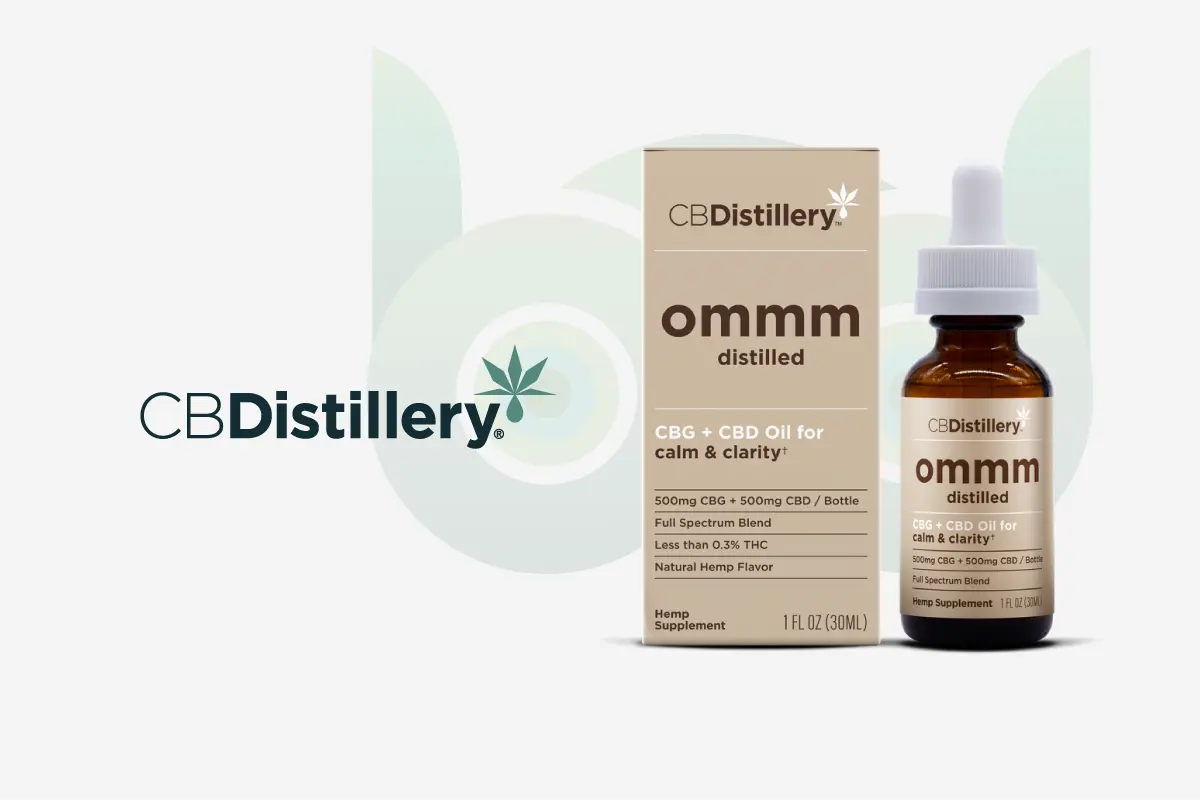
3 Comments
Can any of these products be used to treat Lyme disease?
Can any of these products be used to treat Lyme disease?
Can any of these products be used to treat Lyme disease?